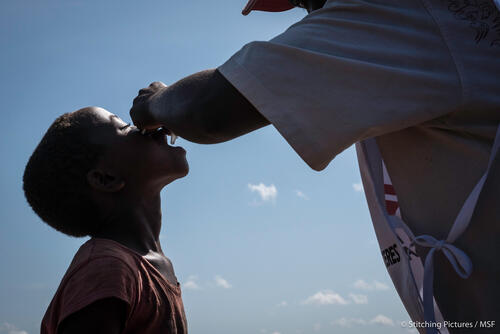During the 1990s, MSF teams made a bitter observation: we were failing to treat some of our patients suffering from infectious diseases, while in developed countries, remarkable progress was being made in the field of health. Two decades on, medicines in developing countries are still either too expensive, aren't suitable to be used in many of the contexts in which we work (for example, in hot, humid conditions or where there's a lack of electricity), or simply don't exist for the diseases we need to treat.
In 1999, we launched the Campaign for Access to Essential Medicines, now known as the Access Campaign. Its mission focuses on three areas: overcoming barriers to access to essential medicines, stimulating research and development for neglected diseases, promoting health exceptions to global trade agreements.
In 2003, MSF joined several research institutes, including the Institut Pasteur, to create the Drugs for Neglected Diseases initiative (DNDi), a non-profit research and development organisation engaged in research and development of new treatments for neglected diseases.
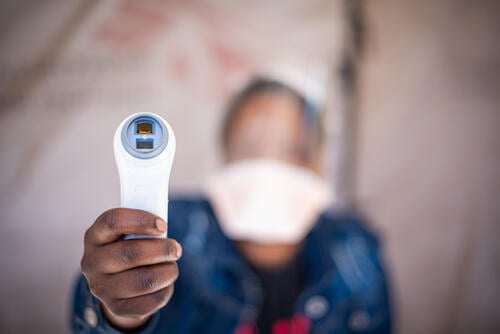
Governments must act fast on consensus supporting historic move to suspend monopolies during pandemic
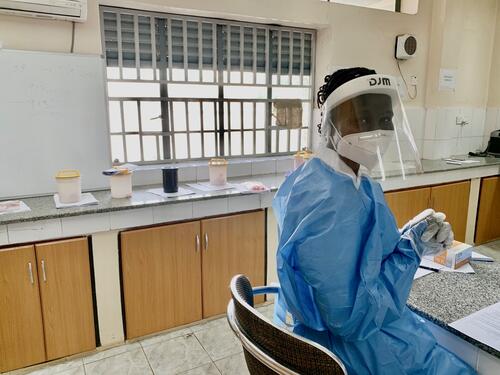
Governments must support landmark proposal to waive COVID-19 patents
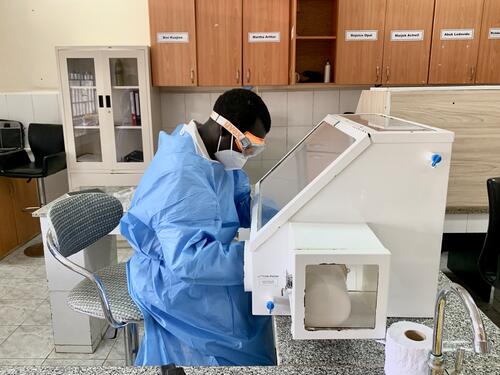
Governments must demand pharma make all COVID-19 vaccine deals public
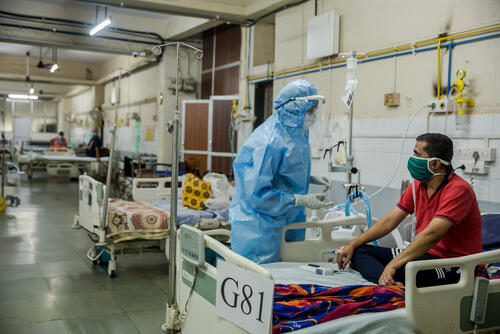
MSF supports India and South Africa ask to waive COVID-19 patent rights
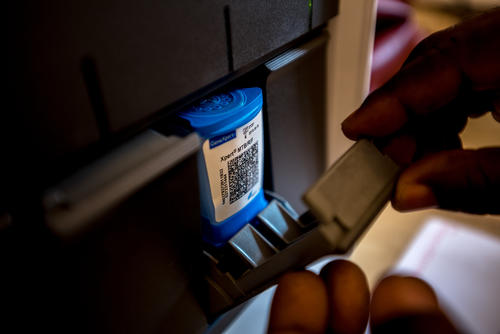
Diagnostic company Cepheid charging four times more than it should for COVID-19 tests
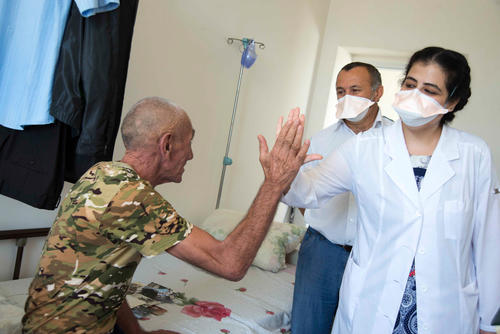
Governments must scale up better TB treatment as J&J drops crucial drug price
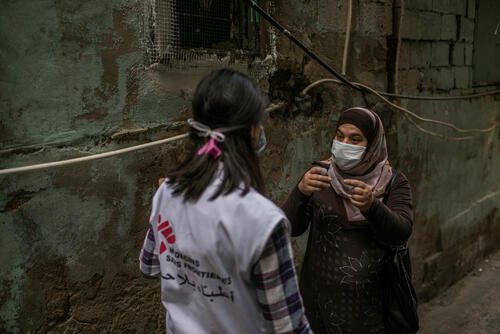
“COVID-19 has brought suffering to people everywhere, but its impact is not shared equally”
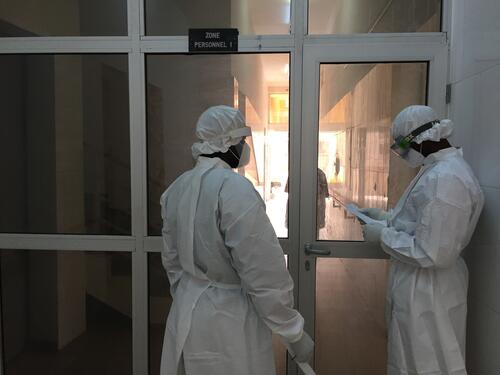
Any future COVID-19 vaccines must be sold at cost and accessible to all
